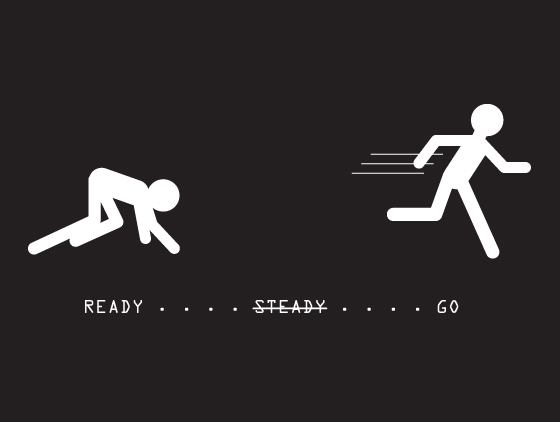Any event that has a good ending is good even if some things went wrong along the way. That’s why ‘All’s well that ends well’. But ‘All’s well that begins well’ can be true too. Especially in the case of customer loyalty programs. Every retailer looks to increasing customer loyalty by offering incentive programs like frequent flyer programs or a club membership program. But amongst so many kind of programs which ones manage to perform better?
Behavioural researchers Joseph Nunes and Xavier Dreze conducted a research to find out. They handed loyalty cards to 300 customers of a local car wash. Every time the car was washed the loyalty card was stamped. There were two types of cards: one required 8 stamps to receive a free car wash and the other required 10 stamps, but 2 stamps were already affixed to the loyalty card. So both cards required 8 washes to get the free car wash.
After several months of the researched program, the researchers found only 19% of customers in the 8-stamp group made enough visits to claim their free wash compared to 34% of the 10-stamp, All’s-well-that-begins-well group. The latter group also took less time to complete their 8th wash, taking an average of 2.9 fewer days between car washes.
According to Nunes and Dreze, reframing the program as one that’s been started but not completed, rather than one that’s not yet begun, motivated people to complete it. Additional findings from research suggested that the closer people got to complete a goal, the more effort they exerted to achieve that goal. Data revealed that the amount of time between visits decreased by about half a day on average with every additional car wash that was purchased.
Now we know when to ask people for help on a project. One that’s already underway but incomplete, rather than one that has to start from scratch, is likely to be the project that gets help. So get started, help will be on its way.
Source: Joseph Nunes and Xavier Dreze: The endowed progress effort: How artificial advancement increases effort: Journal of consumer research 32: 504-12.
